The Crime:
On August 20 of 1989, Lyle and Erik Menendez entered their family’s Beverly Hills mansion with shotguns and brutally murdered their parents, José and Mary Louise “Kitty” Menendez, with 15 rounds. The tragedy became known nationally with overwhelming sympathy pouring in for the two brothers.
The Beverly Hills Police Department’s investigations began with possible enemies of José, a business tycoon who had formed enemies over the years, due to the brutality of the murder. Meanwhile, Lyle and Erik seemed to galavant around town and spent around $700,000 of their father’s fortune in the months that followed his death.
Later, in March of 1990, Lyle and Erik were arrested and charged with first-degree murder due to newfound evidence. Erik had begun therapy with Dr. Jerome Oziel after his parent’s murders and eventually confessed to the crime.
Oziel was participating in an extramarital affair with Judalon Smyth and ended up breaking confidentiality to share Erik’s confession with her. Oziel and Erik continued with therapy sessions and eventually Oziel was able to tape both Lyle and Erik’s confessions. After a conflict between Oziel and Smyth, Smyth went directly to the BHPD with the brothers’ confession on tape as evidence.
Lyle was immediately arrested in Beverly Hills on March 8. Erik was in Israel for a tennis tournament and was arrested in Los Angeles upon return on March 11.
The First Trial:
Lyle and Erik’s trial began with separate juries in 1993. The trial attracted national attention and was aired on Court TV, a network that broadcasted the inside of the courtroom along with other aspects of the day.
For six months, the prosecution and defense presented their cases. The prosecution argued that Lyle and Erik committed the crime in hopes to gain their inheritance. The defense, led by Leslie Abramson for Erik and Jill Lansing for Lyle, claimed the killings were acts of imperfect self-defense.
The brothers testified that they had suffered sexual abuse at the hands of their father beginning when Lyle was six and that Erik was still being abused by him at the time of their murder.
Lyle had found out about the continued abuse his brother was suffering, he testified, and when he confronted Jose, Jose threatened the boys.
Lyle and Erik entered their trial dressed in sweaters with soft colors and khakis that many said was an attempt from their lawyers to depict the brothers as young boys. The brothers were supported throughout the trial by their grandmother and aunts on the Menendez side, with numerous testifying of Jose’s overbearing and aggressive nature.
While the prosecution described the brutality of the murders with pictures of the crime scene and emphasized Lyle and Erik’s heavy spending after their parent’s death, the defense emphasized the emotional suffering and shame the brothers had endured.
Abramson and Lansing described the pressure the boys suffered, specifically the sexual abuse that Erik endured up until the murder. They testified that Erik was groomed for his father’s sexual needs and the boys were not able to seek comfort in their mother because Kitty was an active defender of José. Kitty’s unstable lifestyle and lack of care for her sons was emphasized, allowing problems with drugs and alcohol to be inferred.
The prosecution called a variety of witnesses from a BHPD Sergeant to the brother’s friends who seemed to turn on them.
The prosecution emphasized the fact that the brothers had not confided in any friends nor Oziel about the alleged abuse. The prosecution brought Oziel to the stand for six days where he testified that the brothers killed José because of the hold he had on their life. He said that José was on the verge of removing Erik’s inheritance which pushed the brother’s greed over the edge.
The prosecution played Lyle’s 911 call for the jury to demonstrate Lyle’s ability to act and lie. They highlighted the brutality of the murders and painted Lyle and Erik as near sociopaths.
Over the course of three months, the defense called 50 witnesses including many family members that testified to the abusive behavior of José.
Both Lyle and Erik took the stand and revealed the intimate details of the sexual and mental abuse they experienced from their parents.
Lyle went first by revealing the molestation he endured at ages six to eight and from Kitty at ages 10-12. He admitted he had sexually abused his younger brother when Erik was five not understanding the meaning behind it due to his own experiences with his father.
Lyle’s testimony seemed to tug at the hearts of the jury and was an emotional and detailed timeline of the abuse up until the night of the murders.
When Erik took the stand, his demeanor was very different from that of his older brother. Erik appeared distant and mentally disturbed, with expressions that alternated between aggression at times and innocence. He had trouble remembering details when being cross-examined and was caught with multiple inconsistencies in his answers.
The recorded confessions of the brothers from Oziel’s office were played in court where Lyle and Erik explain their reasoning for the killing of their parents.
Erik’s jury was announced as deadlocked on January 13, 1994. Lyle’s jury announced they also could not come to an agreement on January 25. Both trials were deemed mistrials.
The Second Trial:
The brother’s retrial was set for June 12, 1995, but it was postponed many times before finally beginning in August 1995.
This time, the brothers would be tried with a single jury. The prosecution changed to be represented by David Conn and Carol Najera. Erik remained represented by Lesle Abramson while Lyle was now represented by Charles Gessler, a Los Angeles County Public Defender.
The prosecution chose a new approach and addressed the alleged abuse instead of ignoring it like the original trial. They once again emphasized that greed pushed the brothers to murder their parents, presenting evidence such as multiple tape recordings of Lyle’s 911 call, Oziel’s office, and interviews from the BHPD to incriminate the brothers.
A main part of the prosecution’s argument was a letter from Lyle to a potential defense witness asking him to falsely testify on the stand.
They demonstrated a changed theory about the murders, saying the brothers had killed their parents and shot them in their legs to make it appear as an organized murder from an outside source such as José’s business enemies.
The defense countered the theory by bringing Dr. Cyril Wecht, a Pennsylvania pathologist, to explain how the blood patterns and bullet holes debunked the prosecution’s beliefs.
Lyle’s defense changed their angle to argue that he acted out of fear and in the heat of the moment instead of their former defense that said Lyle could not be judged on the spectrum of what a reasonable person would think to do because of his years of endured abuse.
The core change that occurred in the second trial was the judge’s tolerance of the defense’s claims of sexual abuse and psychological mistreatment. Testimonies about the childhood abuse the brothers had endured was limited, specifically when Erik took the stand.
Judge Weissberg did not allow six witnesses from the original trial to testify and deemed them irrelevant. He also decided claims of psychological mistreatment of Lyle and Erik by their parents were irrelevant. The defense only called one mental health expert to the stand in comparison to six in the original trial due to limits set by Judge Weissberg.
Erik’s psychiatrist since 1990, Dr. William Cicary, was not allowed to testify. The defense rested after around 30 witnesses spoke for the brothers.
Overall, the prosecution argued Erik was suffering from Post-Traumatic Stress Disorder which placed him in a state of mind different to a reasonable person when the murders occurred.
Closing arguments ended on February 29 and the jury started deliberations on March 1. Originally, the trial consisted of seven men and five women. After health complications arose for two for the women, they were replaced by new male and female jurors which created a jury of eight men and four women. The jury restarted deliberations.
The Menendez brothers were convicted on March 20, 1996 and each were charged with two counts of first degree murder along with conspiracy to commit murder after four days of jury deliberations.
Due to two special circumstances, lying in wait and multiple murder, only two punishment options were given: the death penalty or life in prison without the possibility of parole.
Lyle and Erik were sentenced to life in prison without the possibility of parole by Judge Weissberg on July 2 of the same year.
Lyle was sent to the California Correctional Institution while Erik left for the California State Prison on September 10, 1996. The brothers did not see each other from that day until a reunion in 2018.
What Has Changed:
New evidence has resurfaced, causing Los Angeles District Attorney George Gascón to reevaluate the trial and consider a possible hearing for the brothers. Roy Rosselló, a member of the popular boy band Menudo, which had been owned by José’s record label publicly, came out stating that he was sexually abused by José.
Additionally, a letter Erik had written to his cousin eight months prior to the murders also resurfaced. The letter alludes to the molestation and abuse Erik was enduring at the hands of his father.
“I’ve been trying to avoid dad. Its still happening Andy but its worse for me now. I never know when its going to happen and its driving me crazy. Every night I stay up thinking he might come in,” Erik’s letter said.
The brothers’ attorneys filed a habeas corpus petition with the LA Superior Court in May 2023.
Gascón recommended the brothers’ be resentenced which would create the opportunity for release. He explained that despite the horrific acts Lyle and Erike had committed in their youth, they have taken the steps of redemption while being incarcerated.
The brothers have spent their years behind bars earning higher education, creating programs, and mentoring their peers, all demonstrating a desire for rehabilitation after their wrongs.
Gascón fell to Nathan Hochman in his re-election bid for District Attorney recently. Hochman, a former prosecutor, has spoken out and said that he will review the case once he is in office. Hochman was sworn into office on December 3, 2024.
Lyle and Erik must not wait for Hochman to make his final decision. If he chooses to make a formal recommendation to the court for them to review the case, a judge will make the final decision on whether resentencing is needed. If that decision is made and a judge decides their resentencing, the brothers will face a parole board.
Social Media Effect:

In 2022, Ryan Murphy released the Netflix drama series Monsters, which featured infamous serial killer Jeffrey Dahmer. In September 2024, Murphy released a second season featuring the Menendez Brothers starring Nicholas Alexander Chavez, Cooper Kock, Javier Bardem, and Chloë Sevigny.
On October 7, 2024, Netflix released The Menendez Brothers, a documentary of the 1993 trial.
The Menendez brothers’ case skyrocketed to attention after both the television series and documentary gained worldwide attention.
Social media has become an outlet of opinions on the case, with many calling for the District Attorney to review the case and for a resentencing for the brothers.

“It can definitely pressure a lawyer to consider new evidence if there is new evidence. When DNA became a thing they were able to exonerate many because of the new evidence. There has to be lawyers that want to do this and the court system has to allow it,” AP Government teacher Mrs. Kyrias said.
Platforms like TikTok and Instagram have been flooded with analysis of the brothers’ crimes, trials, and lives. Fan numbers have continuesly increased in support of the brothers and the claims of sexual abuse.
“I first found out about the whole case because it blew up on my TikTok For You page. It felt like every few posts there was a new person talking about the brothers,” senior Gianna Lagunas said. “The documentary and Netflix series then came out and it made me even more invested in the outcome of the case.”
Many have expressed appreciation that the case is having the chance to be revisited and reviewed after so many years.
“I think it is a good thing that the case is being brought back to trial. It shows how far our justice system has come because at the time it was common in society to not believe that could happen to boys too,” senior Karl Nagel said.




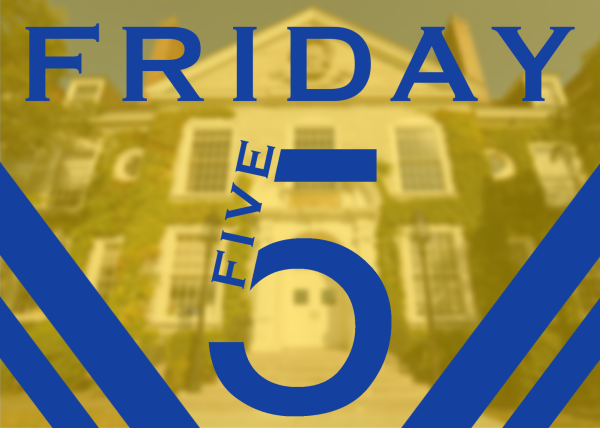
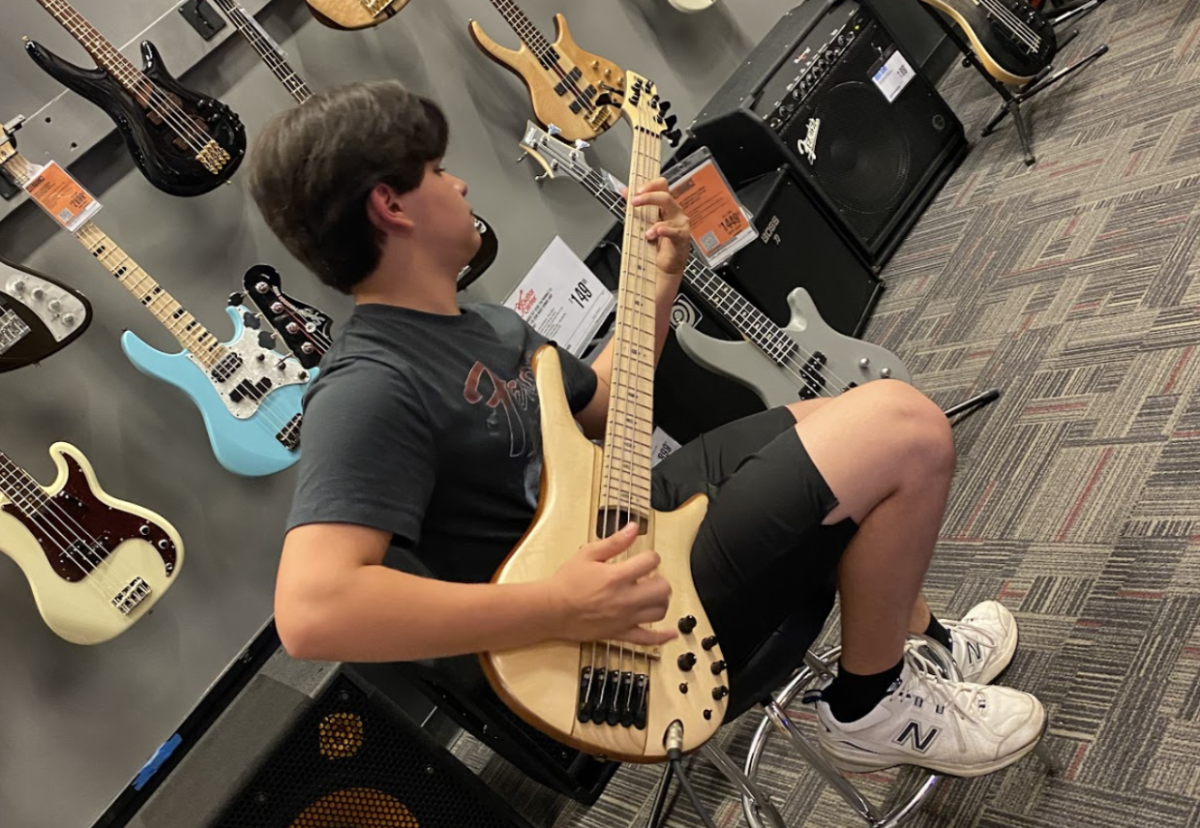
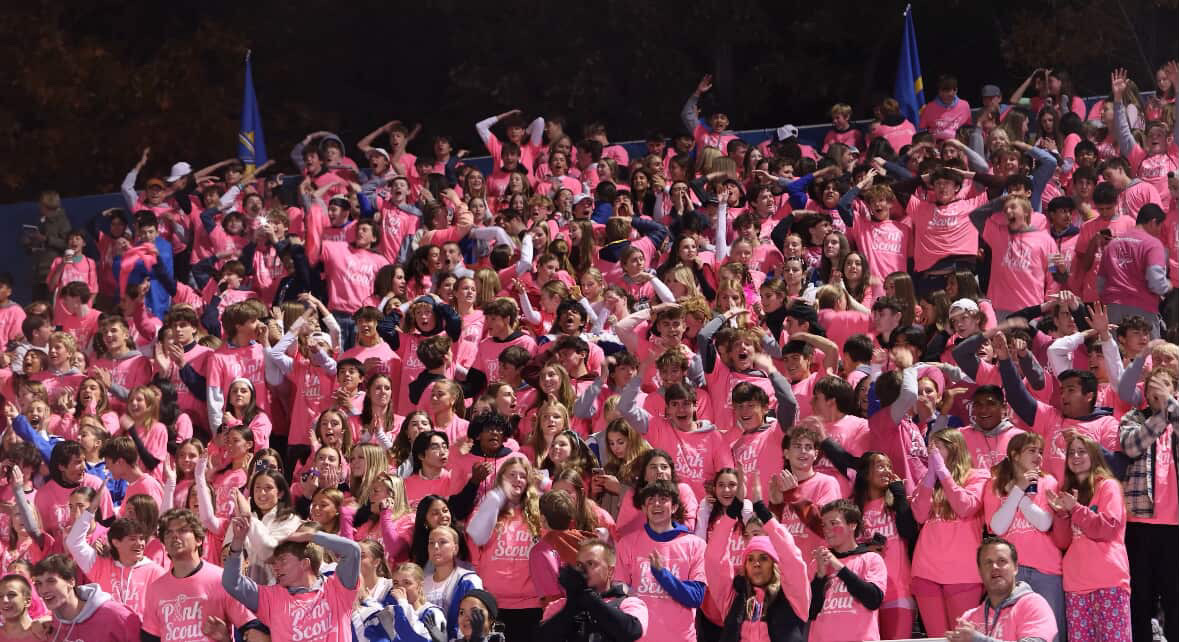
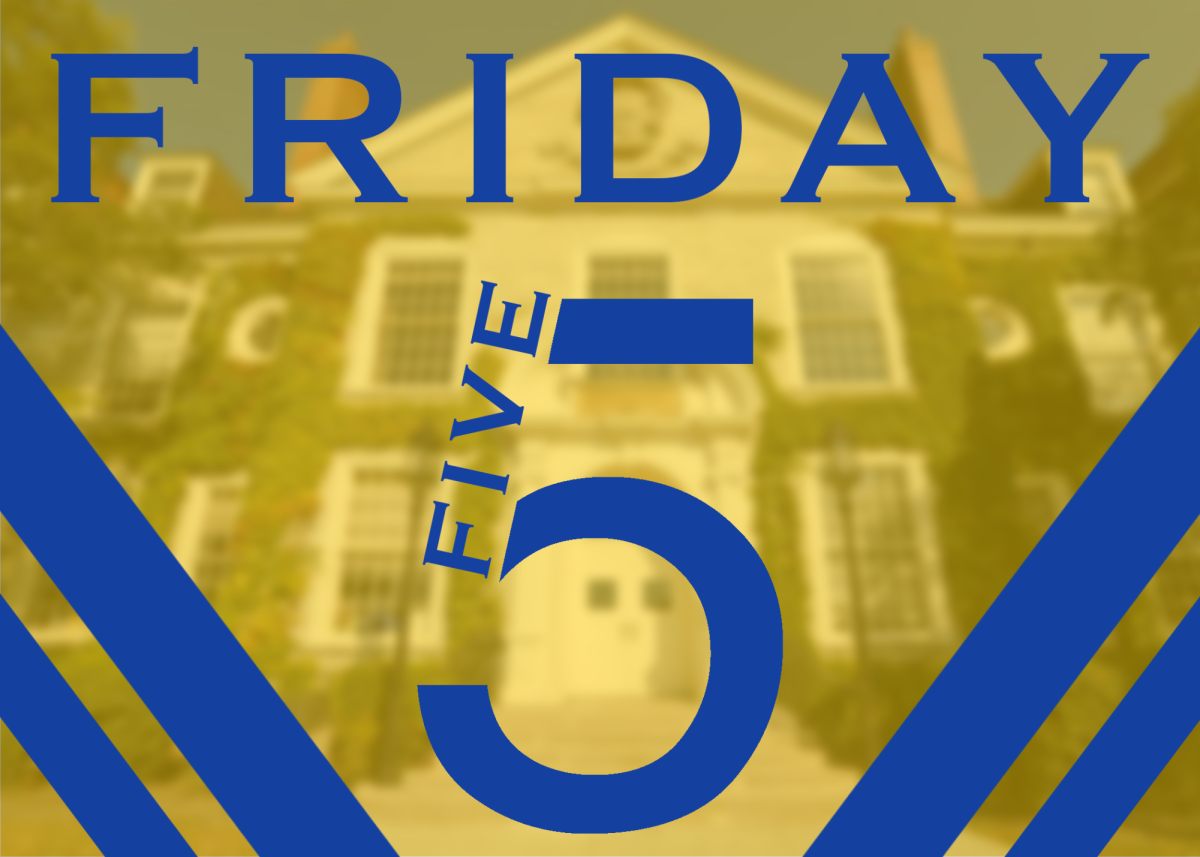
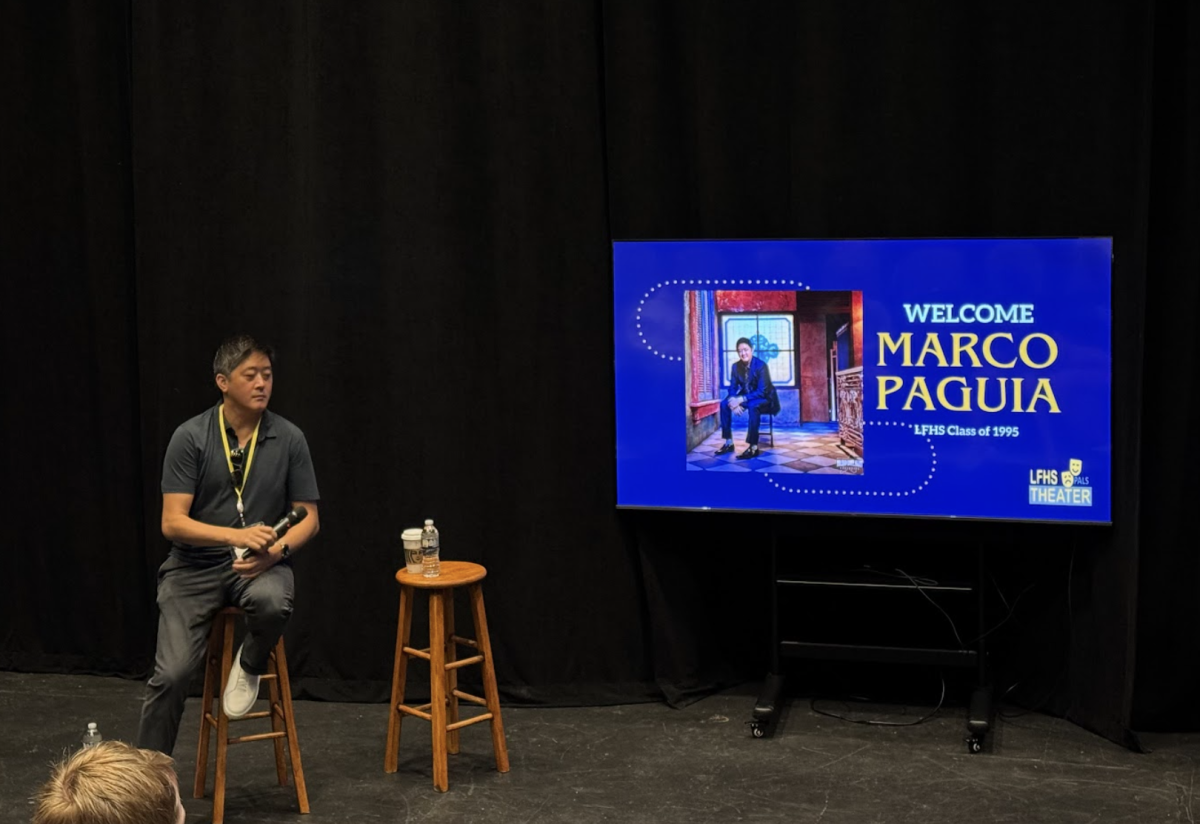
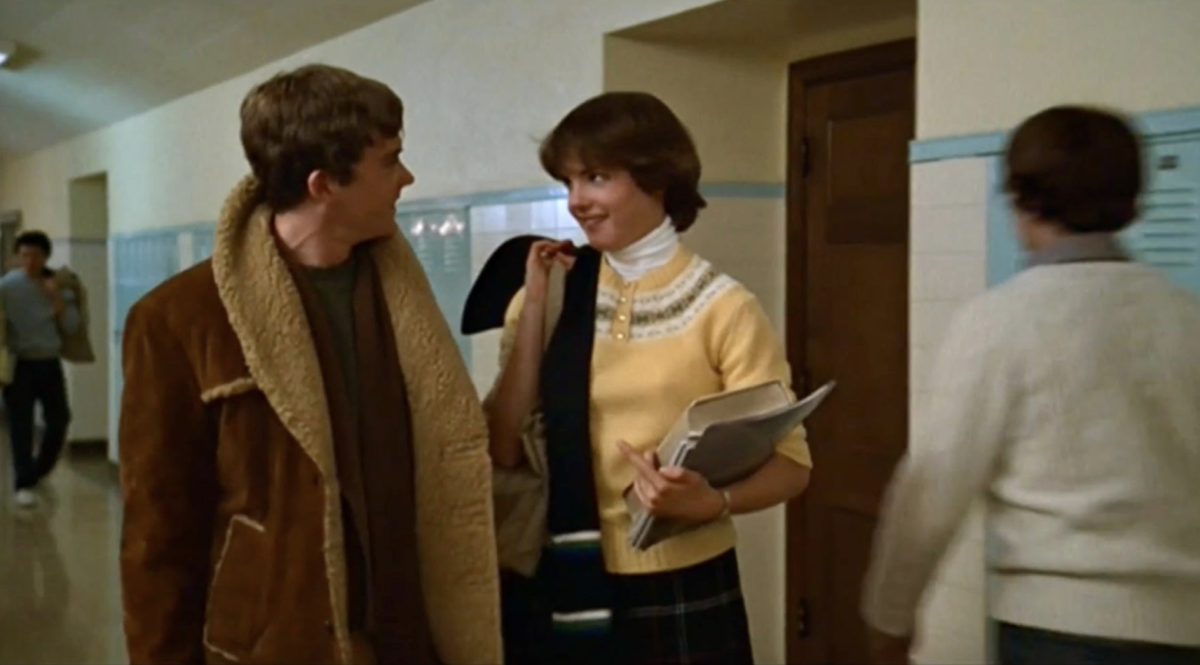
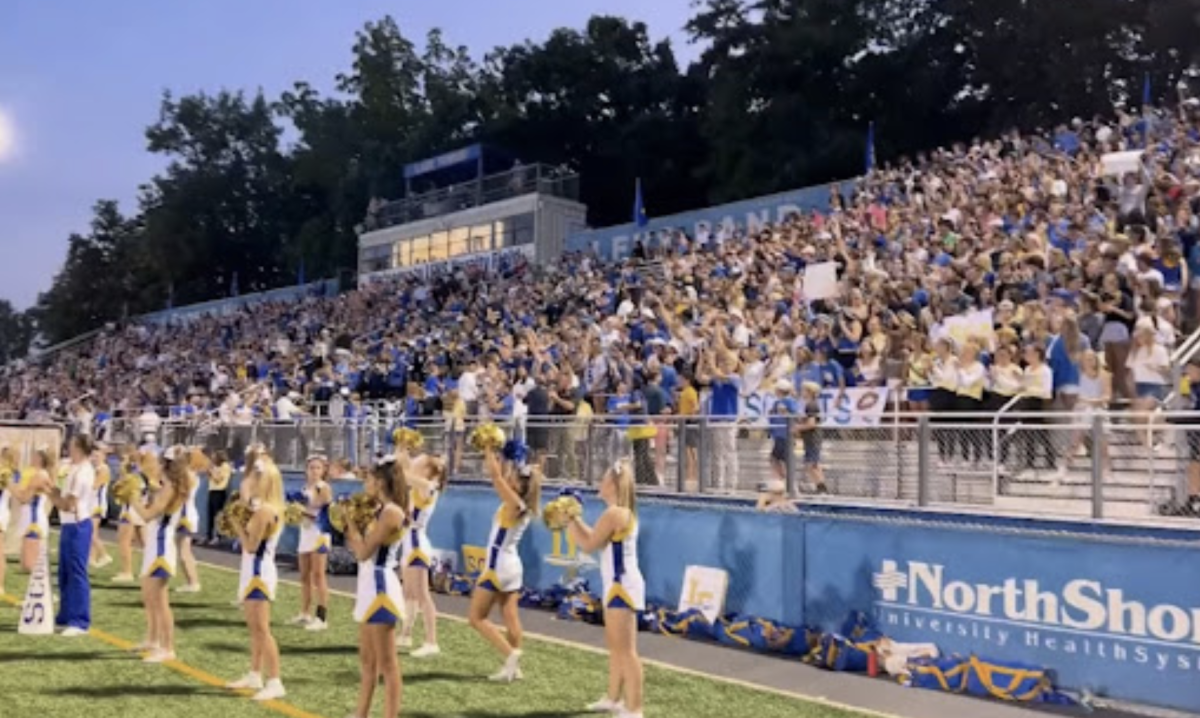

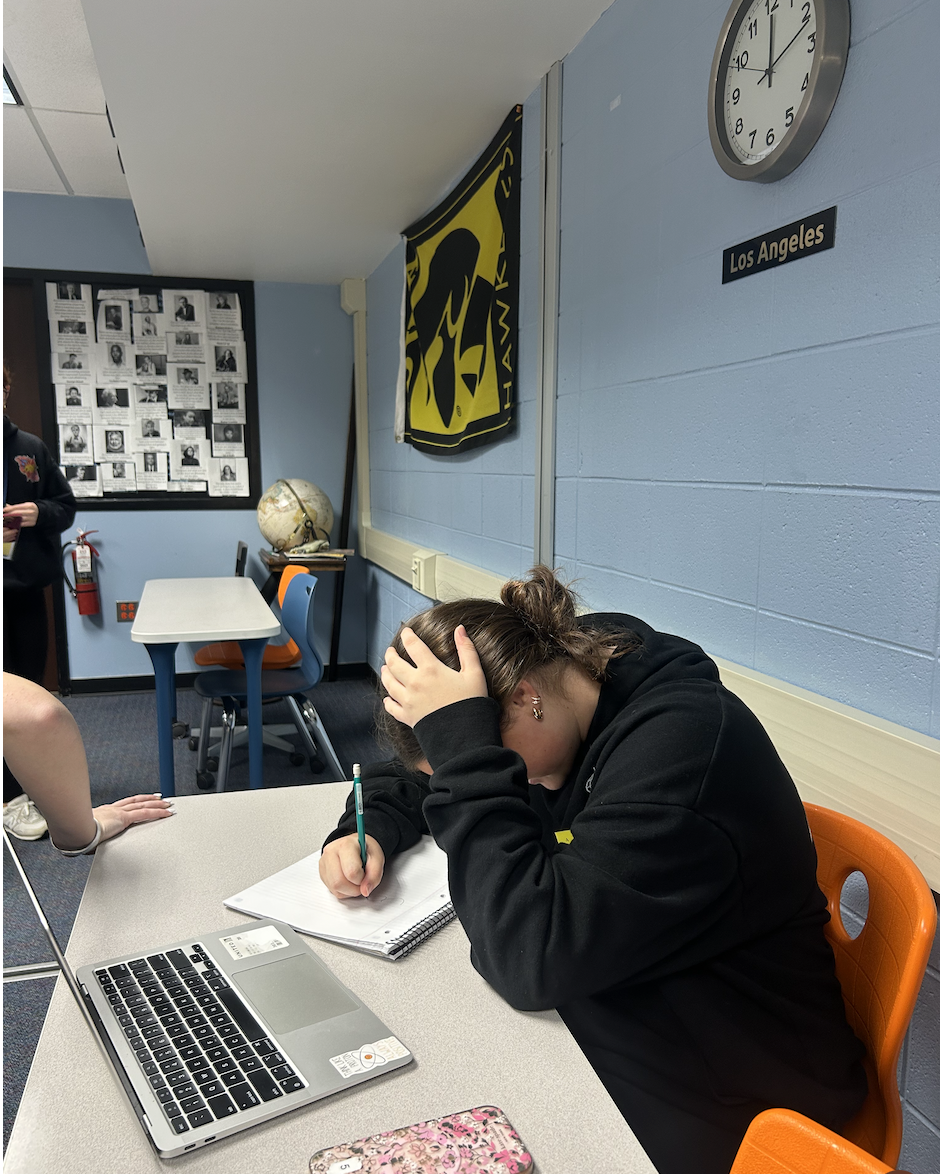


KIM BELEW • Apr 16, 2025 at 8:33 pm
What gives them the right to get off their sentence people do appeals and they don’t get it why did their family not stand up and say it when they were on trial nah 30 years later when they’re all ready to die it’s going to cause problems cuz everyone’s going to want their loved one out of prison and off death row if y’all let them out there is no proof that I’ve heard of they could have just freaking left they were of age they wanted the money bottom line.